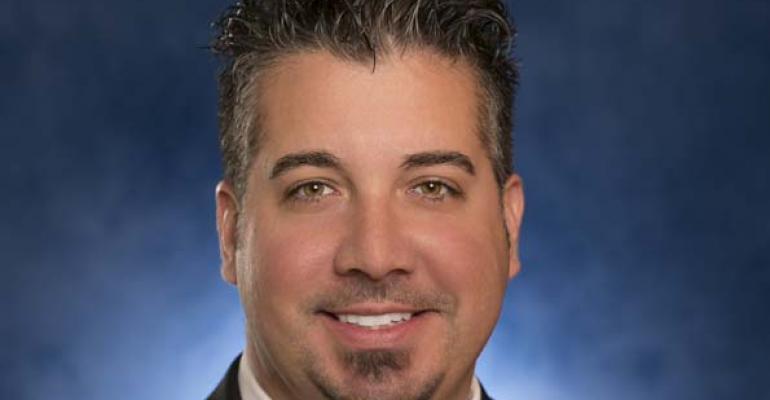 With much of the U.S. literally and figuratively basking in the fact that warmer weather is finally upon us, event planning professionals everywhere are putting the scarves and coats away and turning their full attention to the outdoor events that are such an integral part of the summer season. From festivals and celebrations to sporting events, concerts and performances, warm-weather outdoor activities are a ritual in communities all across America.
With much of the U.S. literally and figuratively basking in the fact that warmer weather is finally upon us, event planning professionals everywhere are putting the scarves and coats away and turning their full attention to the outdoor events that are such an integral part of the summer season. From festivals and celebrations to sporting events, concerts and performances, warm-weather outdoor activities are a ritual in communities all across America.
Planning and organizing these events can be a formidable challenge, however. From small-but-important details like name tags, to big-picture logistics like parking, food and beverage organization, safety planning, scheduling details, and coordinating staff and volunteers, every coordinator knows the formidable challenges and work that must be overcome and accomplished in advance of a successful event.
What happens if the power goes out, however? No amount of delicious snacks or comfortable seating can make up for a bandstand that suddenly loses power, or a community movie-in-the-park night where the screen goes dark.
Think it can’t happen? Well, if it can happen at the Super Bowl, it can happen anywhere—to any event.
The key is to understand how to guard against just such an outage. Emergency generators are a great solution, but they only go so far. Even the best generators can fail or run out of fuel. Unfortunately, many backup generators have insufficient generating or fuel capacity to keep anything but the most essential systems up and running. Equipment you need for your event—lights, heating and cooling systems, trailers, and other infrastructure—may not be supported. Consequently, it is vitally important that event planners organizing outdoor events in the summer have a working understanding of what they can do to prepare for and guard against a potentially disruptive power outage.
Back it up x 2
Unfortunately, poor service and maintenance of backup power systems is all too common. As a result, generators fail far more often than you might think. Event planners would be smart to have their own plan in place, and not to rely entirely on the existing network at a venue or facility. Any effective plan will identify and address existing vulnerabilities and weaknesses. Sometimes that means bringing in extra equipment, and sometimes that means collaborating with a fueling partner who can guarantee delivery in the event of even a widespread regional outage or disruption. Prepare a gameplan for what happens if key equipment loses power or if generator fuel runs low, and plan accordingly.
Facility capability
Coordinating with your host or venue partner well before the event to review available facilities and capabilities is an important part of developing an effective outage prevention and protection plan. If there is vital equipment or infrastructure that the site/facility does not have available, make sure you are making plans to address that shortfall. Remember that even the best equipment is only as good as its fuel supply. Make sure the venue has a contingency plan in place in the event of an emergency, as well as an existing relationship with a fueling partner who can guarantee uninterrupted delivery.
Shop locally
Trusted local vendors can be an important piece of the preparation puzzle. A good place to start your search for trusted fuel and equipment vendors is to ask your venue partner for a firsthand recommendation. Most venues will have established relationships with local and regional professionals who have proven their chops and can provide quality service and support. Local support can be especially important for anyone planning or operating larger events (such as outdoor festivals or larger concerts and sporting events) where it is far less likely that the venue will be able to meet all of your equipment/fueling/backup power requirements.
Get pushy
Do not be afraid to ask questions and to push for clear and direct answers when interviewing/vetting a backup power/fueling partner for your event. While every event planner will have their own priorities, it is always a good idea to ask potential vendor/partners about service and delivery logistics and specifics: can they deliver in tight timeframes and during “off” hours? Are they available 24/7 to respond to an emergency or urgent service need, and is delivery guaranteed, even in the event of a region-wide emergency or large-scale disruption? Ask for and expect to receive certainties and assurances.
The reality is that emergencies do happen, and that having reliable backup power systems and supplies in place for any large outdoor event is critically important. When large numbers of people and large amounts of money are at stake, there is no such thing as being overprepared. Those who take the time to be proactive and thorough with their backup power planning will find that when a true emergency does take place, they will be able to “keep the lights on”.
Chad Wenzel is vice president of sales at Taylor, Mich.-based Atlas Oil Co., a fuel supply, logistics and services company.

